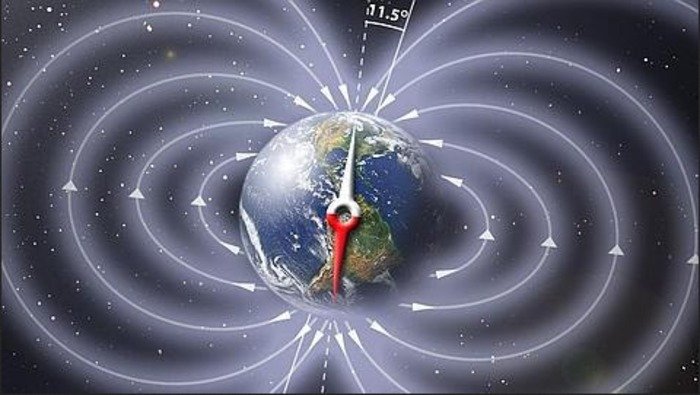ANTIOQUIA, Colombia, April 17 (UPI) -- Some Earth-like exoplanets that are seemingly habitable may be missing magnetic shielding, exposing them to damaging radiation, researchers in Colombia say.
To support life as we know it, planets need thick, water-rich atmospheres and liquid surface water, Jorge Zuluaga at the University of Antioquia and colleagues said, but water can get blasted away by stellar winds unless the planet has a strong magnetic field.















